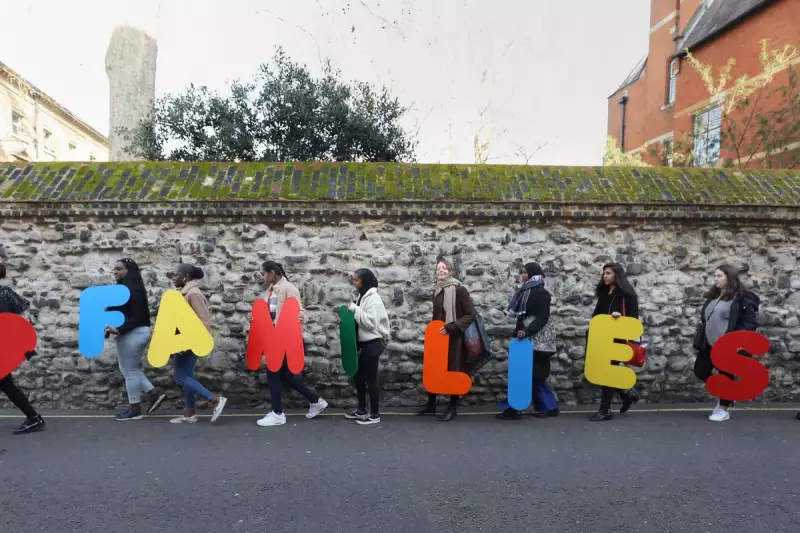
The British government is facing mounting criticism over what refugee charities are calling a "systematic blockade" of family reunion visa routes, leaving hundreds of separated refugee families in legal limbo.
According to a damning new report seen by The Independent, the UK's family reunion system has become "practically inaccessible" for many legitimate cases, despite government claims of maintaining compassionate refugee policies.
The Human Cost of Bureaucratic Barriers
Behind the statistics lie heartbreaking stories of families torn apart by conflict and persecution, now facing additional separation due to what immigration lawyers describe as "insurmountable administrative hurdles."
One Syrian refugee, who requested anonymity for fear of jeopardizing his case, told investigators: "I haven't seen my wife and children in three years. Every application comes back with new requirements, more documents they want. It feels like they're trying to make us give up."
Legal Routes Becoming 'Impossible Pathways'
Immigration experts highlight several key issues plaguing the system:
- Excessive documentation requirements that are often impossible for refugees from war-torn regions to obtain
- Lengthy processing times stretching into years rather than months
- Inconsistent decision-making with similar cases receiving opposite outcomes
- Limited appeal rights leaving families with few options when applications fail
Charities Demand Government Action
Leading refugee organisations have united in calling for urgent reform. "The government is paying lip service to family values while systematically keeping families apart," said the director of one major refugee charity.
"These aren't numbers - they're mothers separated from children, husbands from wives. The current system is causing untold psychological damage to people who have already suffered enough."
Political Fallout and Future Prospects
The controversy comes amid broader debates about UK immigration policy, with opposition parties seizing on the report as evidence of what they call the government's "hostile environment" approach extending to genuine refugee cases.
With parliamentary questions being tabled and legal challenges mounting, pressure is building on the Home Office to address what critics describe as a "human rights crisis unfolding in plain sight."





